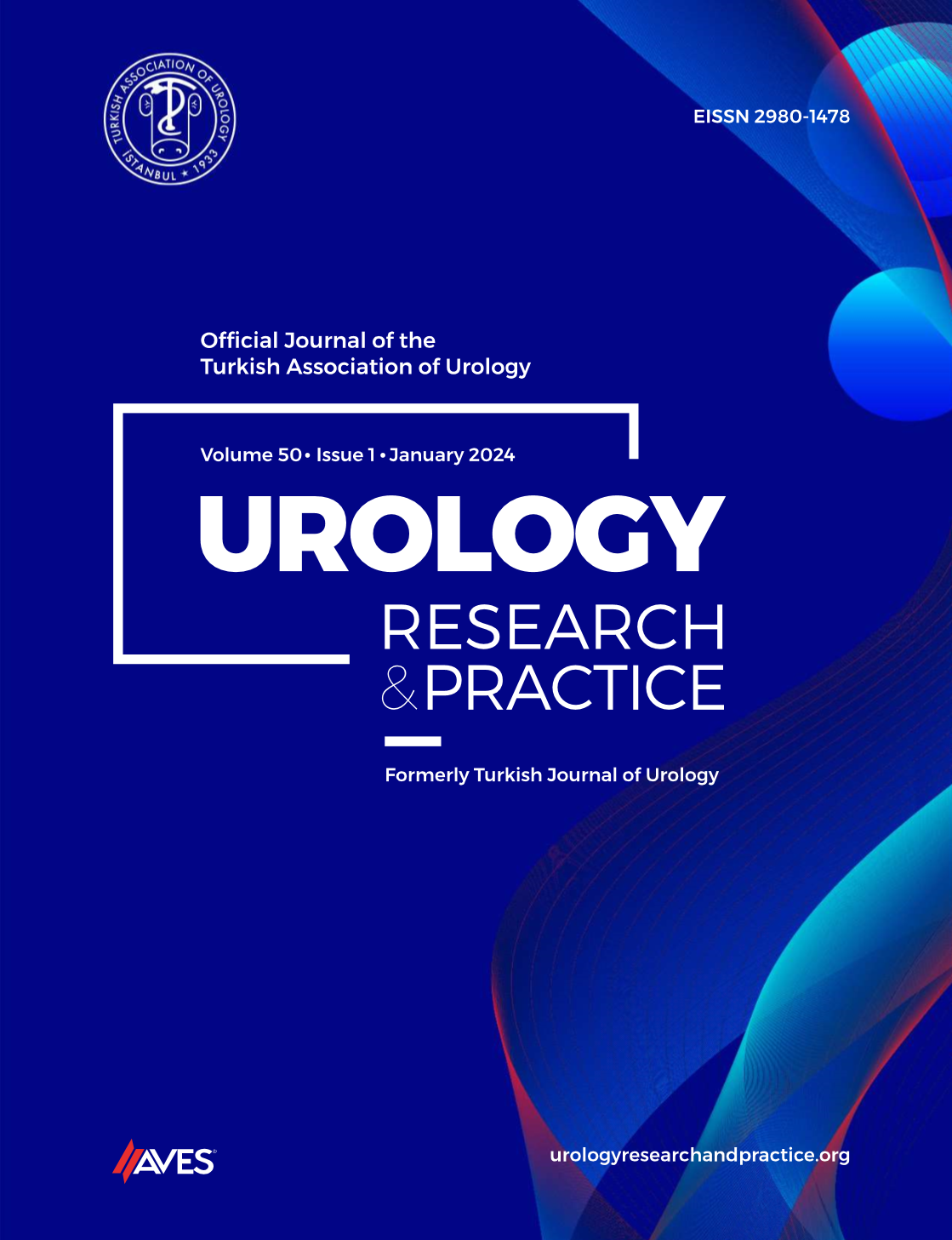Abstract
Xanthine dehydrogenase catalyzes the oxidation of hypoxanthine to xanthine and xanthine to uric acid in the final two steps of purine degradation. Xanthine oxidase deficiency is an uncommon cause of pediatric urinary stone formation and classical xanthinuria. A ten-month-old boy presented with a seven-month history of nausea, vomiting, discomfort during urination, gross hematuria and passage of stones. His renal and liver function tests and electrolytes were normal, but serum and urine uric acid were undetectable. Ultrasonographic evaluation of the urinary tract revealed the presence of multiple bilateral renal stones. The renal stones were analyzed using an X-ray diffractometer and were found to be composed of hypoxanthine-xanthine. High fluid intake, alkalinization and a low-purine diet were prescribed, and extracorporeal shock wave lithotripsy was performed. Recurrent renal stone formation was not observed during 18 months of follow-up. This case is reported to highlight the nature of this rare condition.

.png)


.png)